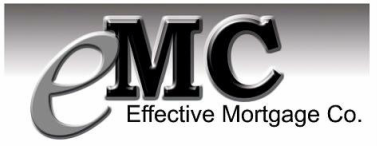How It Works: Each month, an amount equal to about 1/12 of the total sum of the annual property taxes and insurance due is collected from the buyer, along with their mortgage payment, and placed in the account. When the time comes to pay the annual property taxes and insurance, the lender makes the payment from the funds in the account on the behalf of the buyer.
Setting up an Account: Accounts are set up by the mortgage lender during escrow. Escrow collects an Escrow Impound Deposit, typically a deposit of 2-6 months worth of taxes and insurance. This deposit ensures there are sufficient funds to make the payments when they are due.
Common Questions Regarding an Escrow Impound Account:
Is it mandatory to have an Escrow Impound Account? No. The buyer may elect to pay property taxes on their own, and there is usually a small fee when waiving the account. Based on the type of loan, the lender may require the buyer to have one. For any loan where the borrower is putting less than 20% down payment impounds will be required by the lender.
Is it a good idea to have an Escrow Impound Account? Since property taxes and home insurance bills only come about twice a year, many homeowners have a hard time saving for them. This is one less thing to worry about, as the lender makes the payments for the buyer.


